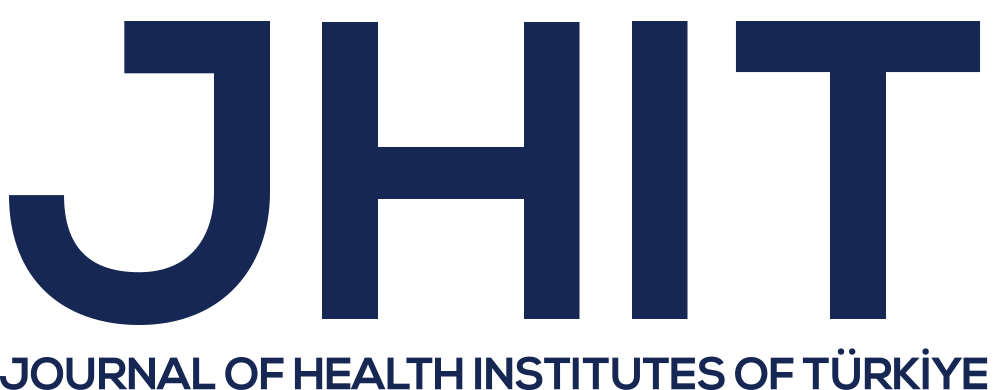ABSTRACT
Gastric carcinoma arises from uncontrolled cell growth in the stomach, ranking as the fifth most common malignancy. The primary risk factor, Helicobacter pylori infection, initiates gastric mucosal changes that can progress to cancer. Current treatment strategies predominantly rely on surgery although perioperative and adjuvant chemotherapy may be employed to improve outcomes, particularly in cases with extensive lymph node involvement. However, many patients experience relapse or metastasis post-surgery, limiting long-term survival rates. Cholesterol metabolism is critical in cancer progression, influencing cell membrane integrity, steroid hormone production, and signal transduction pathways within the tumor microenvironment (TME). The de novo synthesis of cholesterol involves a complex cascade of enzymatic reactions primarily occurring in the cytosol and endoplasmic reticulum. When cholesterol levels decrease, the expression of low-density lipoprotein (LDL) receptors (LDLR) increases. The increase and decrease of LDLR play a crucial role in maintaining cholesterol homeostasis and ensuring that cells obtain the cholesterol they need. Notably, Ro48-8071 acts as an inhibitor of oxidosqualene cyclase (OSC), disrupting the conversion of oxidosqualene to lanosterol, a pivotal step in cholesterol biosynthesis. This inhibition potentially impedes cancer cell proliferation and promotes apoptosis in cholesterol-dependent cells. Given the significance of cholesterol metabolism in carcinogenesis, this study aims to investigate the impact of Ro48-8071 on gastric cancer cells HGC-27 and MKN-45. Findings with the effect of Ro48-8071, an OSC inhibitor, indicate that the proliferation of MKN-45 cells shows a higher degree of dependence on cholesterol metabolism compared to the HGC-27 cell line. Consequently, LDLR gene expression is found at lower levels, inversely related to cholesterol production. The findings suggest that inhibiting cholesterol synthesis via Ro48-8071 could selectively affect the proliferation of MKN-45 gastric cancer cells, which are more dependent on cholesterol. This implies that targeting cholesterol metabolism might offer a novel approach to treating specific subtypes of gastric cancer, potentially improving outcomes in patients with aggressive cancer types.



